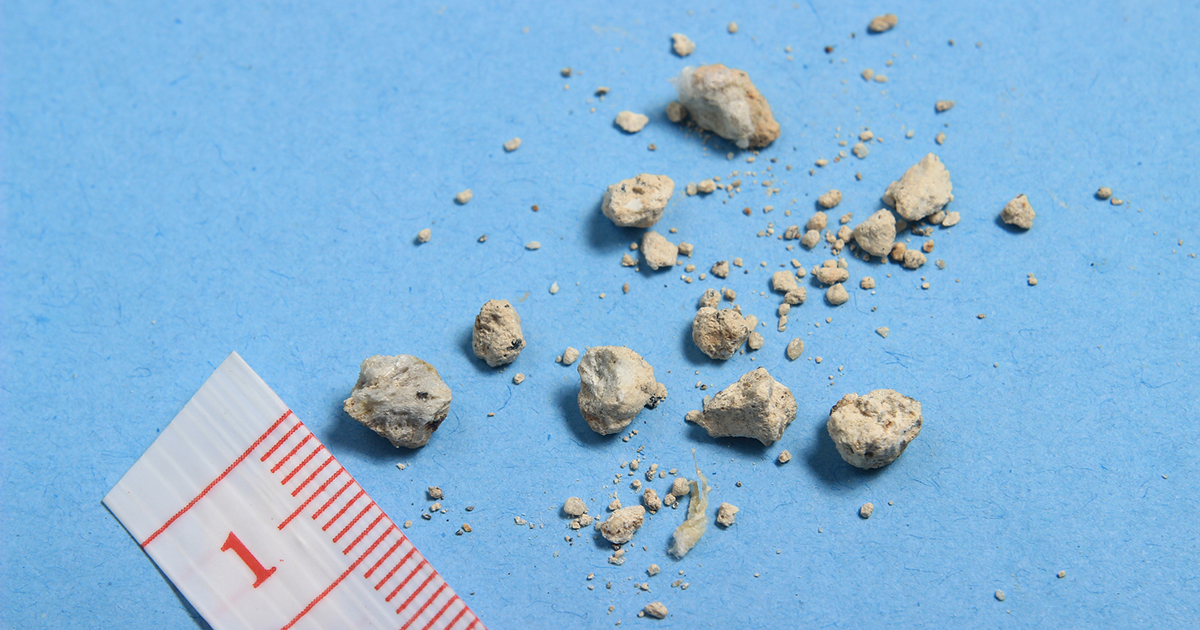Complications Of Cushing's Syndrome
Kidney Stones

Approximately fifty percent of patients who have Cushing’s syndrome experience kidney stones. Why they develop is still not fully understood. However, the theory is as the bones lose some of their density, calcium leaks from them. The calcium eventually makes its way to the kidneys, resulting in kidney stones. Calcium stones are the most common type found in the kidneys, and they can cause excruciating pain. They might also cause urinary issues, vomiting, nausea, and infection. Some of these kidney stones might pass on their own, but others require medical intervention to remove them from the kidneys and urinary tract. Treating Cushing’s syndrome does usually reduce a patient’s risk of future stone development, but the risk is never eliminated.
Continue reading to learn more about complications of Cushing's syndrome now.